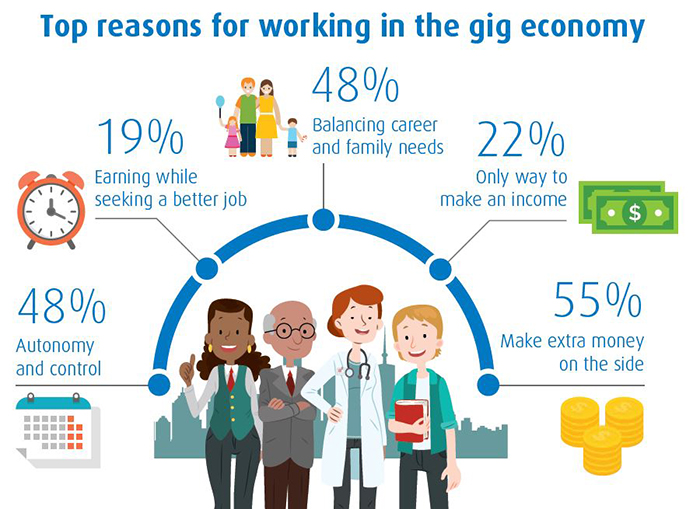The average person is estimated to spend one-third of their life working. Ensure that you make it worthwhile by choosing a career aligned with your personality which will allow you to fulfill your purpose and passion in life. You need to understand that your career is your first small business through which you impact your society by providing a solution to an existing problem.
Every business owner starts their business by first acquiring and assessing their resources and then converts them into products and services considered beneficial/ valuable to people. They then earn a premium determined by the value placed on the product/service by its users. The goal is to make the most of available resources to meet the needs of a group of people at the highest value. Here’s how you can apply this principle in making career decisions.
Identify the resources that allow you to contribute meaningfully in the job market/society.
Take the time to have an honest review of yourself careerwise. Assess your personality, your interests, your values, your skills, knowledge and abilities. An honest self-assessment will help you decide which roles you are likely to thrive in and which workplaces are most suitable for you. It will also make it easier to understand and communicate your strengths and the value you bring to the table to potential employers.
Explore and assess the job market
The worth of every product/service depends on the needs of its target audience. Finding a target audience that considers your product/service most valuable will largely determine the success of your business, in this case, your career. Find a job whose demands will allow you to shine because it matches your strengths, passion and personality. Do your research, find out what is available, and then compare your career profile with available careers on the job market. List them out and try to engage with people in your preferred career and roles. Doing this will give you a glimpse of the careers you are considering. From here, you can determine where in the job market you are most likely to flourish.
Add value and features that make the product/service competitive.
Once you are sure of which career you would like to pursue, work to build your competencies in this area, take courses, internships, join professional bodies in this field and read books and journals about your target career or job and industry. That is how you distinguish/brand yourself on the job market and increase your value. The more competent you become in your chosen field, the more valuable you become.
From here, feel free to draft a step by step plan on how to enter and grow in your chosen field. This three-step process will enable you to select a career aligned with your calling as a person. Your ability to contribute meaningfully with your skillset in an area you can excel will keep you motivated and fulfiled as you grow in your career.



